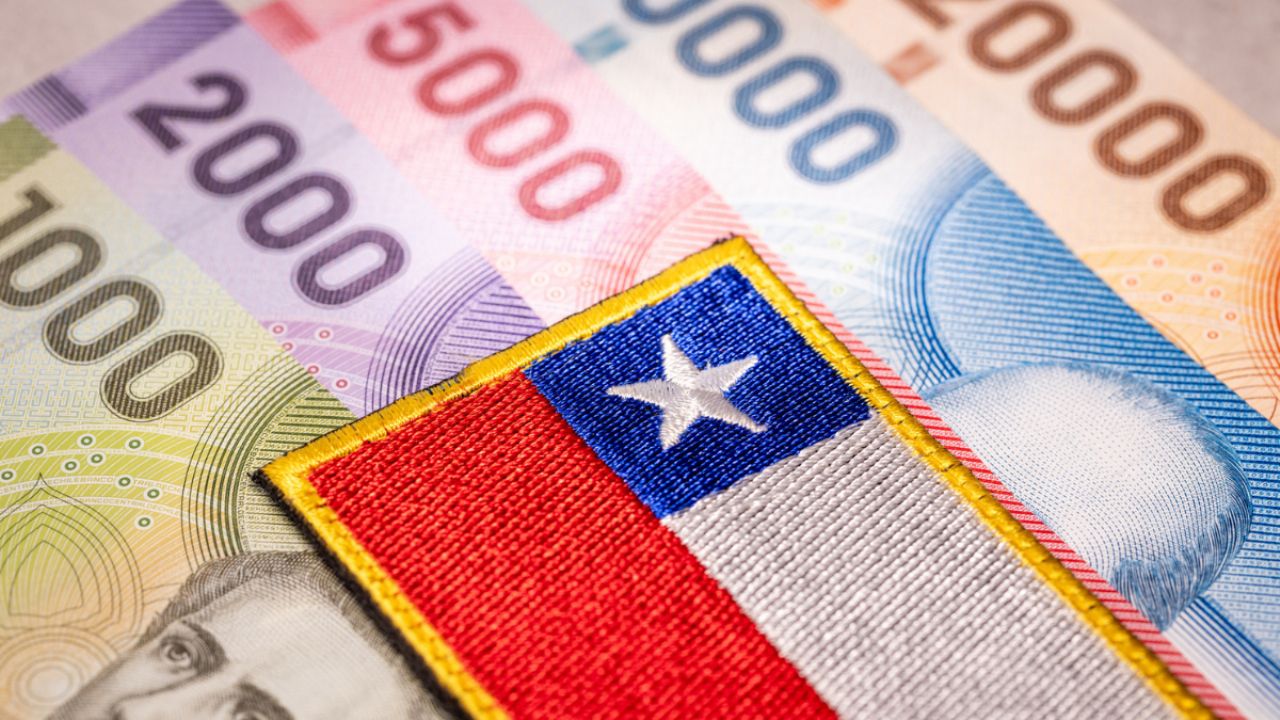With the arrival of the National Holidays In Chile, one of the most important traditions is raising the national flag. This practice, deeply rooted in Chilean culture, is not only a symbol of celebration, but also a legal obligation. Each year, regulations establish specific dates and clear rules for raising the flag, and those who do not comply with this obligation face fines.
The raising of the flag Chilean flag is mandatory on September 18 and 19, the dates on which the country celebrates its Fiestas Patrias. According to Law No. 20,537, during these days, all people must display the national flag in their homes. This law not only specifies when the flag must be raised, but also establishes the sanctions for those who do not do so.
Failure to comply with this regulation may result in financial penalties. Law No. 20,573 grants the Carabineros of Chile the authority to monitor compliance with the rules related to the use and hoisting of the national flag. Those who do not comply with the obligation to hoist the flag flag or do so incorrectly may be fined amounts ranging from 1 to 5 Monthly Tax Units (UTM). In monetary terms, this is equivalent to a fine that can range from approximately $63,452 to $317,260.
To avoid these sanctions, it is essential to follow the rules established for hoisting the flagIf placed horizontally, the star should be in the top left corner, as seen from the front of the house. If placed vertically, the star should be in the same position, making sure it is visible from outside. If a flagpole is used, it should be white and the flag should be flown at the top of the flagpole.
It is important to note that in apartment buildings, the obligation to raise the flag This only applies if the building has an official flag. In that case, the rules must be followed in the same way as in a private home. Respect for these traditions and regulations is an essential part of national celebrations in Chile.


















